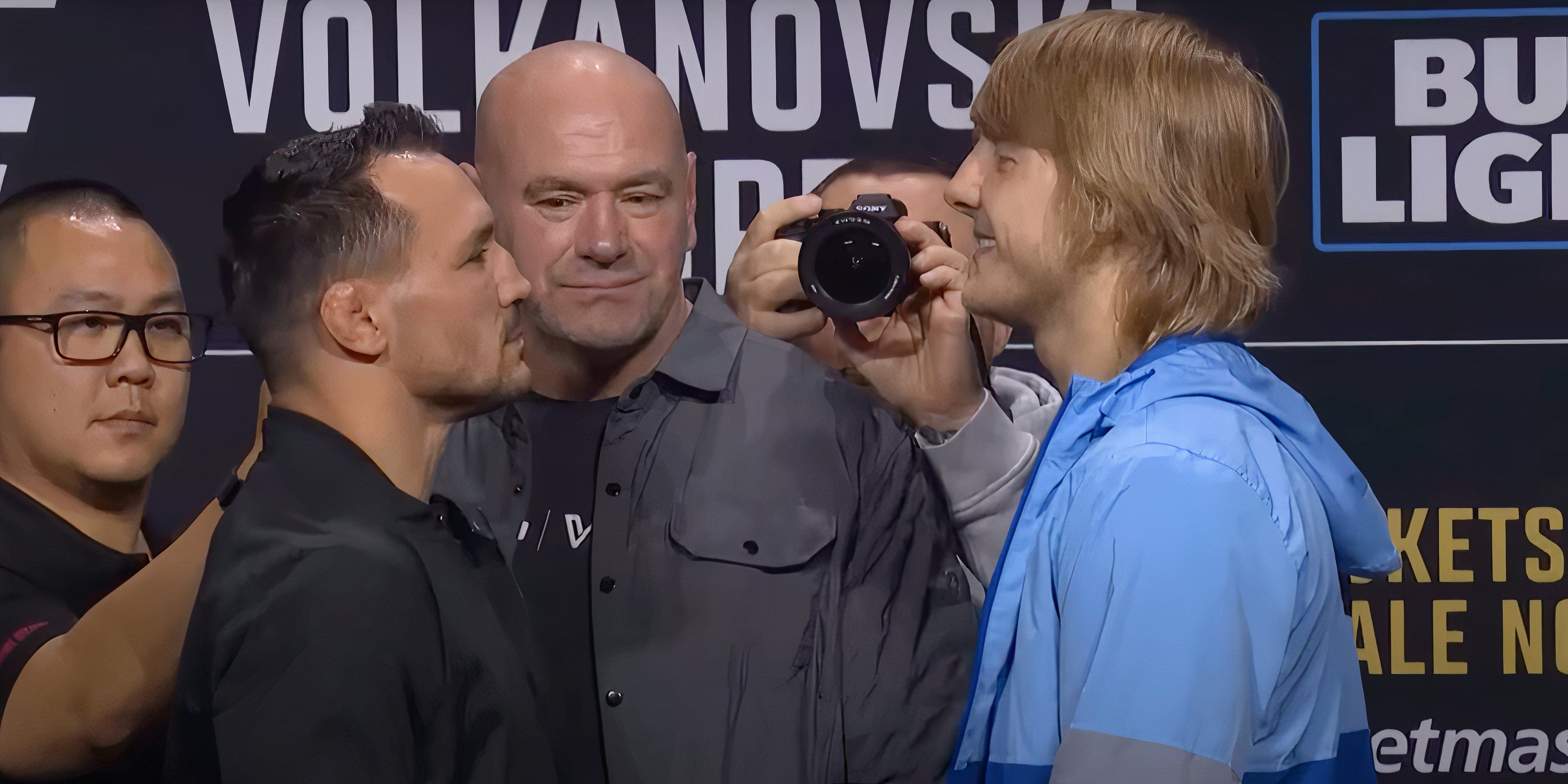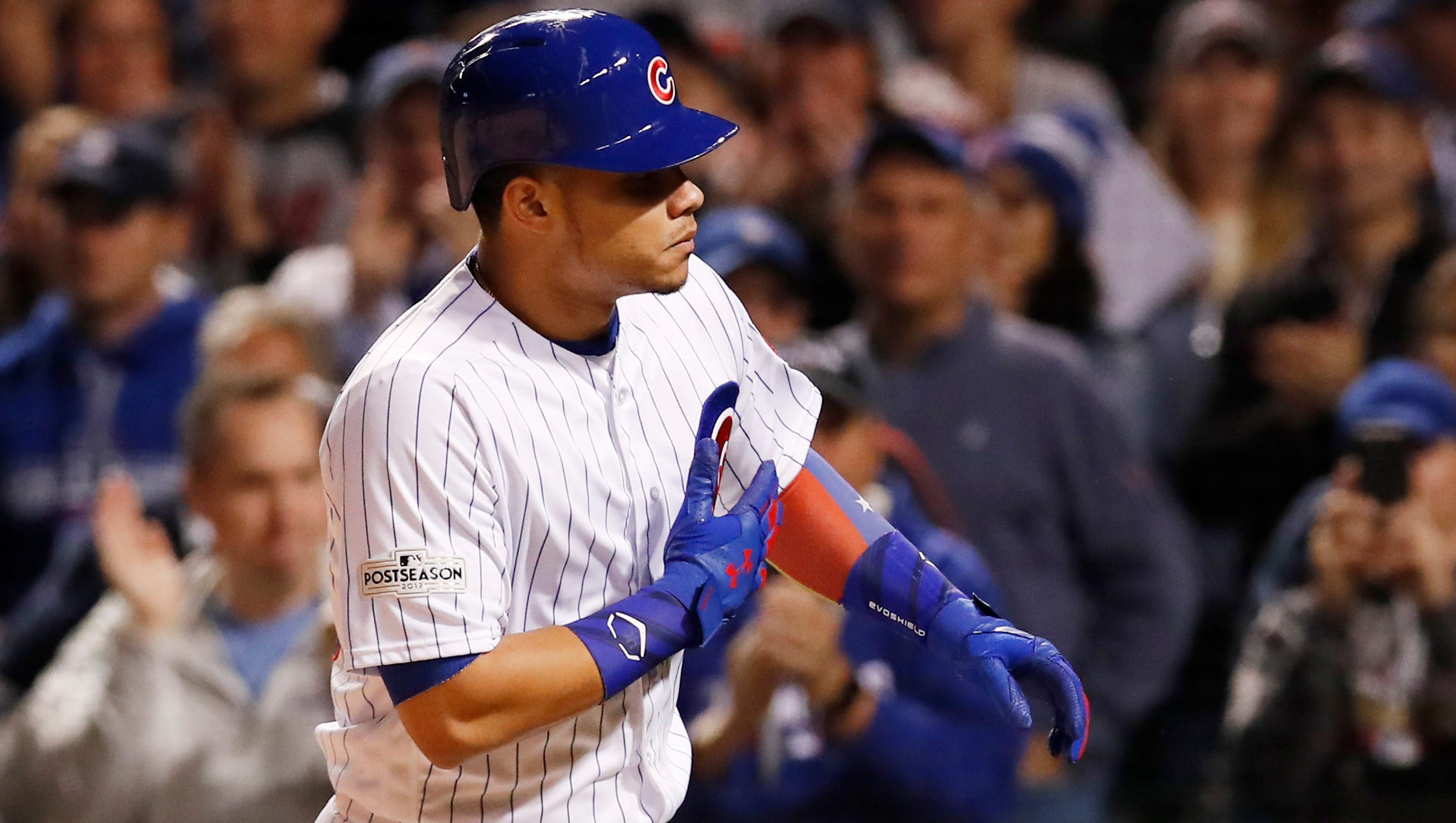Gordon Ramsay's Take: Why Chandler Lost To Pimblett

Table of Contents
Chandler's Strategic Errors: A Culinary Analogy from Gordon Ramsay
Chandler's performance, from a strategic standpoint, was a recipe for disaster. Imagine Gordon Ramsay watching a chef rush a complex soufflé – the result is likely to be a culinary catastrophe. Similarly, Chandler's aggressive, unsustainable pace contributed significantly to his downfall.
Aggressive, Unsustainable Pace:
- Early onslaught: Chandler came out guns blazing, landing significant strikes in the opening rounds. This initial aggression, while effective momentarily, left him visibly gassed by the middle rounds.
- Energy depletion: This early expenditure of energy left Chandler vulnerable to Pimblett's calculated strategy in the later rounds. He simply couldn't maintain the same level of intensity.
- Ramsay Analogy: "You're rushing, you're sloppy, you're going to ruin the whole dish!" – Gordon Ramsay's frustration with a rushed dish mirrors Chandler's frantic early pace, ultimately leading to his downfall.
Lack of Ground Game Awareness:
- Ground control struggles: Pimblett repeatedly took Chandler down, showcasing superior grappling skills. Chandler’s inability to effectively defend these takedowns proved crucial.
- Submission threat: The threat of Pimblett's submissions forced Chandler to expend precious energy defending his position, further contributing to his fatigue.
- Ramsay Analogy: "You haven't prepped your ingredients properly! You're unprepared!" – Ramsay's critique perfectly encapsulates Chandler's lack of preparedness for Pimblett's ground game.
Poor Fight IQ in the Later Rounds:
- Inability to adapt: As the fight wore on, Chandler failed to adjust his strategy to account for his dwindling energy and Pimblett's increasingly effective ground game.
- Predictable attacks: His attacks became predictable, allowing Pimblett to anticipate and counter them effectively.
- Ramsay Analogy: "This is a disaster! You haven't adapted, you haven't improvised! It’s a culinary catastrophe!" – This echoes Chandler's failure to adjust his fighting style in the later rounds.
Pimblett's Tactical Mastery: A Masterclass in UFC Strategy
Pimblett, on the other hand, executed a near-perfect game plan, showcasing tactical mastery and mental resilience. His approach was a masterclass in UFC strategy, leaving even a hypothetical Gordon Ramsay impressed.
Effective Use of Pressure and Control:
- Maintaining distance: Pimblett cleverly used his movement and footwork to dictate the pace and maintain a safe distance when needed.
- Clinch work: He effectively utilized the clinch to control Chandler and tire him out.
- Ramsay Analogy: "Precision, control, technique – that's how you create a masterpiece!" – This sums up Pimblett’s masterful control of the fight.
Exploiting Chandler's Weaknesses:
- Targeting fatigue: Pimblett strategically targeted Chandler's weakening defense as the fight progressed, capitalizing on his dwindling energy.
- Ground game dominance: He skillfully exploited Chandler's weaker ground game to secure takedowns and control the fight on the mat.
- Ramsay Analogy: "You need to know your ingredients. You need to identify the best ones and use them strategically." – This perfectly reflects Pimblett’s exploitation of Chandler’s weaknesses.
Mental Fortitude and Resilience:
- Withstanding pressure: Pimblett showed remarkable resilience, withstanding Chandler's early aggression and maintaining his composure throughout the fight.
- Seizing opportunities: He patiently waited for the right moments to strike, effectively capitalizing on Chandler's fatigue.
- Ramsay Analogy: "Passion, grit, determination – that's what it takes to succeed!" – This represents Pimblett's relentless drive and mental fortitude.
The "Gordon Ramsay Factor": Subjectivity and Expert Opinions
While this analysis offers a perspective on the Chandler vs. Pimblett fight, it's important to acknowledge the subjective nature of any expert opinion, including a hypothetical "Gordon Ramsay's take."
The Role of Personal Bias:
Even expert opinions can be influenced by personal preferences and biases. This analysis should be viewed as one interpretation among many.
The Value of Multiple Perspectives:
To gain a comprehensive understanding, it’s crucial to consider various perspectives and analyses of the fight.
The Entertainment Factor:
The fight's narrative and entertainment value inevitably influence how the outcome is perceived and discussed.
Gordon Ramsay's Take and the Chandler vs. Pimblett Aftermath
In summary, a hypothetical Gordon Ramsay's assessment might highlight Chandler’s strategic errors: a rushed, unsustainable pace, a lack of preparedness for Pimblett's ground game, and an inability to adapt his strategy. Conversely, Pimblett's tactical mastery, exploitation of Chandler's weaknesses, and mental fortitude would be lauded. This highlights the crucial elements of strategy and execution in high-stakes combat sports. What's your take on Chandler vs. Pimblett? Share your thoughts in the comments below! Do you agree with Gordon Ramsay's hypothetical assessment of the Chandler-Pimblett fight? Let's discuss Gordon Ramsay's take on the Chandler-Pimblett fight in the comments!

Featured Posts
-
 Dodgers Offensive Struggles Cost Them Against Cubs
May 15, 2025
Dodgers Offensive Struggles Cost Them Against Cubs
May 15, 2025 -
 From X To Gorklon Rust Exploring Elon Musks Decision
May 15, 2025
From X To Gorklon Rust Exploring Elon Musks Decision
May 15, 2025 -
 U S Egg Prices Drop To 5 A Dozen Relief For Consumers
May 15, 2025
U S Egg Prices Drop To 5 A Dozen Relief For Consumers
May 15, 2025 -
 Jury Finds Man Guilty In 2023 Warner Robins Murder
May 15, 2025
Jury Finds Man Guilty In 2023 Warner Robins Murder
May 15, 2025 -
 Unbelievable Mlb Achievement Padres Historic Run Since 1889
May 15, 2025
Unbelievable Mlb Achievement Padres Historic Run Since 1889
May 15, 2025
